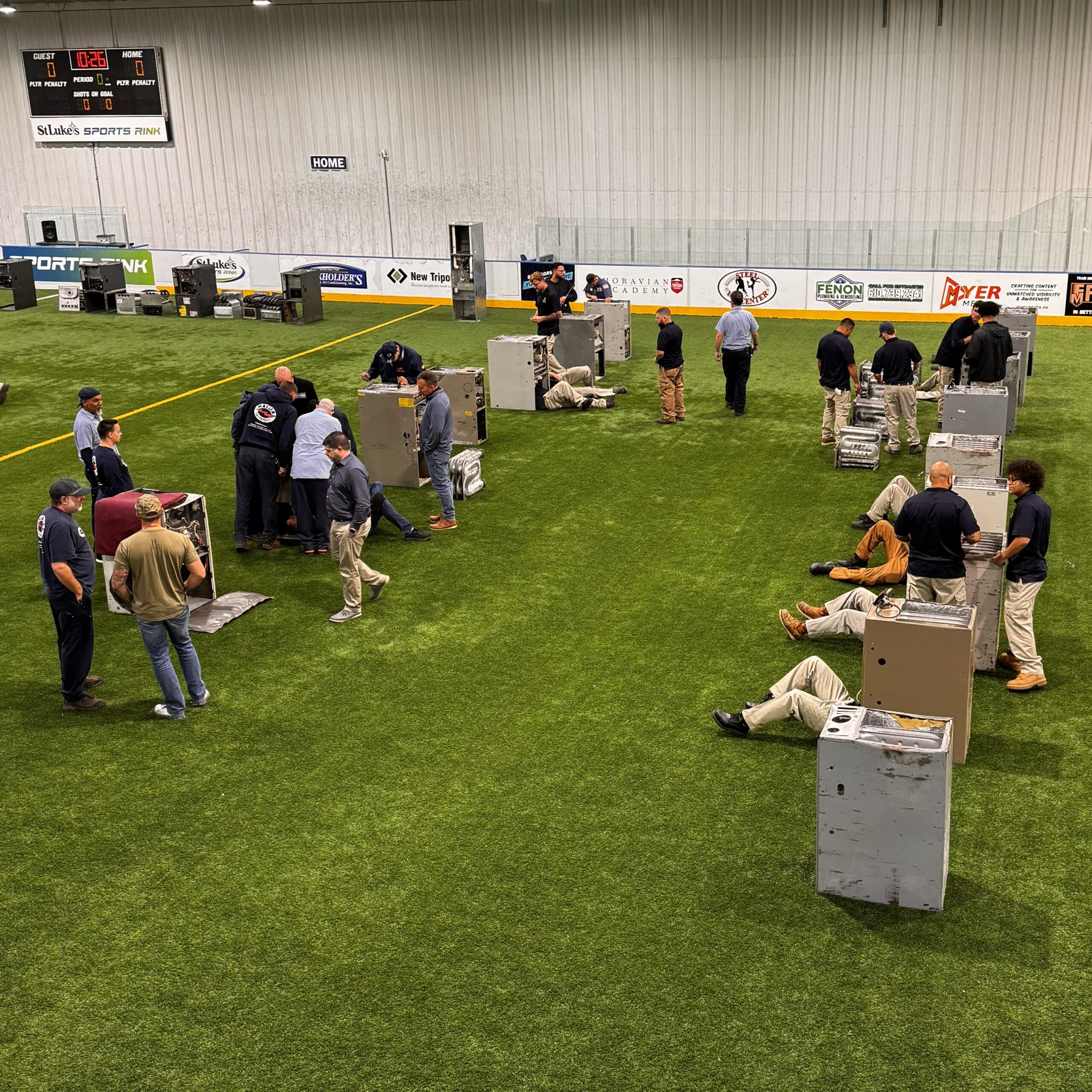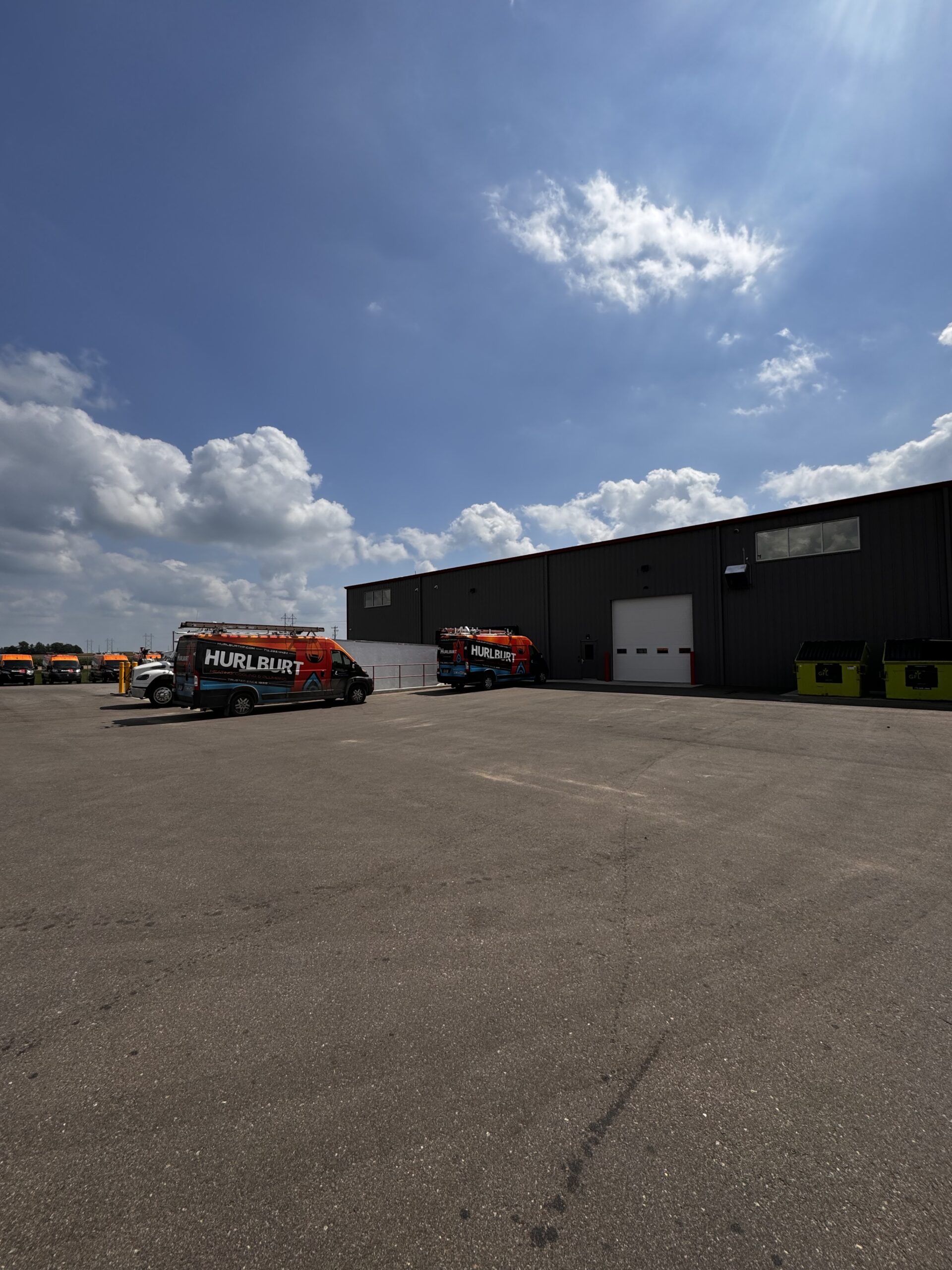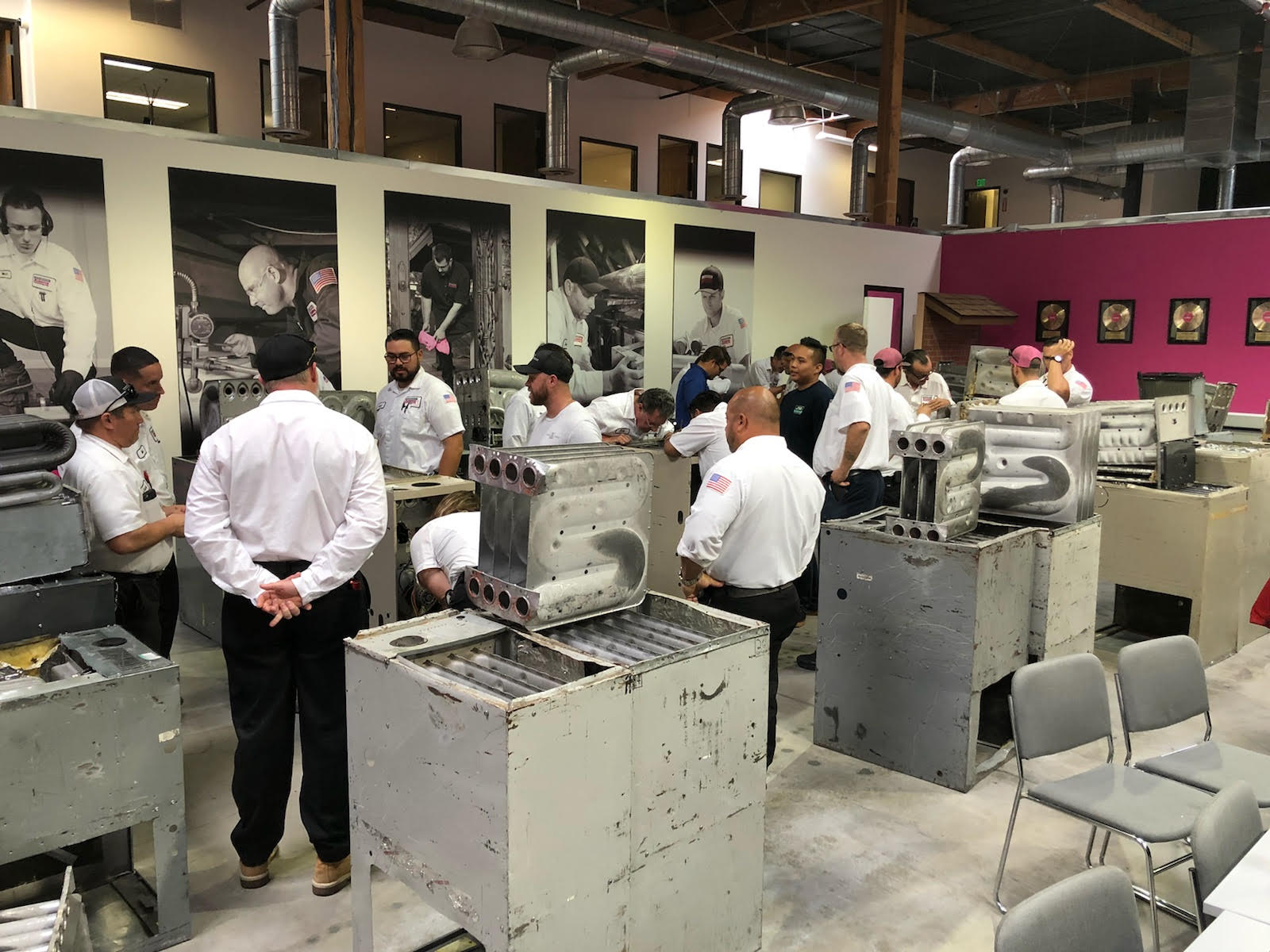The HVAC industry continues to grow as demand for efficient heating and cooling systems increases across the country. With that growth comes opportunity—but also competition. For new and experienced technicians alike, employers are seeking more than just the ability to install or repair equipment. They’re looking for certified professionals who combine technical expertise, problem-solving ability, and strong interpersonal skills.
If you’re training to become an HVAC technician or looking to advance your career, understanding what employers value can help you stand out and secure the right job.
Technical and Mechanical Expertise
At the heart of every great HVAC technician is a strong foundation in system knowledge. Employers want to know that you not only understand the mechanics of heating and cooling but can also apply that knowledge in real-world settings.
System Knowledge
Employers expect certified technicians to fully understand how heating, ventilation, air conditioning, and refrigeration systems operate. This includes components like compressors, evaporators, condensers, and heat exchangers—and how they work together to provide balanced air distribution and indoor comfort.
Installation and Repair Skills
Precision and accuracy matter. Technicians must be able to read blueprints, interpret schematics, and perform detailed system installations that meet both manufacturer specifications and local building codes. The ability to safely handle refrigerant, wire thermostats, and test airflow and pressure are critical skills for any technician in the field.
Troubleshooting and Diagnostics
When a system malfunctions, employers rely on technicians who can quickly identify the cause and implement effective repairs. From diagnosing airflow imbalances to addressing electrical or mechanical faults, problem-solving under pressure is one of the most valued traits in the HVAC trade.
Tool and Technology Proficiency
Today’s HVAC systems often include smart controls, digital thermostats, and advanced monitoring systems. Employers prefer technicians who can confidently use testing equipment, diagnostic software, and digital tools to ensure accurate results. As the industry shifts toward greater electrification and energy efficiency, understanding these technologies gives you a competitive edge.
Soft Skills and Professional Qualities
Technical skills may get you the job, but soft skills help you keep it. HVAC technicians often work directly with customers in their homes or businesses, meaning professionalism and communication are just as important as technical know-how.
Customer Service and Communication
Employers look for technicians who can clearly explain issues and solutions in a way customers understand. This builds trust and enhances the company’s reputation. Professional demeanor, patience, and active listening go a long way in creating a positive customer experience.
Reliability and Accountability
The best technicians are dependable. Showing up on time, completing jobs within the expected timeframe, and maintaining open communication with supervisors and clients demonstrates reliability—a key factor in long-term employment.
Attention to Detail
Small mistakes can lead to major system failures or safety risks. Employers value technicians who are thorough and precise, ensuring all connections, calibrations, and safety checks are performed correctly.
Adaptability and Continuous Learning
The HVAC field evolves constantly. From high-efficiency heat pumps to smart building automation systems, staying current is essential. Employers respect technicians who demonstrate curiosity and commitment to ongoing training—whether through advanced courses, certifications, or industry seminars.
Physical and Professional Readiness
An HVAC career often requires physical stamina and a professional image. Technicians frequently work in tight spaces, rooftops, crawlspaces, and outdoor environments, which means:
- Physical Capability: Lifting heavy equipment, climbing ladders, and working safely in varied environments are daily realities of the job.
- Professionalism: Maintaining a clean appearance and professional attitude helps establish trust with customers and represents your employer well.
- Willingness to Learn: The best technicians never stop improving their craft. Employers prefer individuals who take initiative to expand their skills and knowledge.
The Value of HVAC Certification
Earning professional certifications shows employers that you take your career seriously and meet industry standards. Common credentials include:
- EPA 608 Certification: Required for handling refrigerants safely.
- NATE Certification: Demonstrates technical mastery in installation and service.
- Manufacturer-Specific Training: Shows familiarity with specific brands and system types.
At Heat Exchanger Experts, we take certification to the next level. Our nationally recognized training programs provide hands-on education for identifying and inspecting residential furnace heat exchangers—a crucial skill that separates entry-level technicians from experienced professionals.
Why Advanced Training Matters
Employers appreciate candidates who go beyond the basics. Specialized training not only enhances your confidence and efficiency but also makes you more valuable to the company. When you understand how to identify heat exchanger defects, assess system safety, and communicate findings to customers, you become an indispensable part of any HVAC team.
At Heat Exchanger Experts, we’ve trained thousands of technicians nationwide—equipping them with the real-world inspection, safety, and diagnostic skills employers look for most. Whether you’re starting your career or advancing to the next level, our courses help you stand out in a competitive industry.
Ready to elevate your HVAC career?
Join Heat Exchanger Experts for industry-leading training that focuses on real-world skills, system safety, and customer confidence. Learn directly from seasoned professionals with over five decades of experience and gain the expertise employers are looking for.
Visit Heat Exchanger Experts to explore upcoming open classes and get started today.
FAQs About HVAC Employment and Training
1. Do I need certification to work as an HVAC technician?
While not always required, certifications like EPA 608 and NATE give you a competitive advantage and demonstrate your commitment to professionalism and safety.
2. What’s the most important skill for HVAC technicians?
Employers look for a balance between technical knowledge—such as troubleshooting and repair—and soft skills like communication and reliability.
3. How can I gain hands-on HVAC experience before applying for jobs?
Attending courses with live demonstrations, lab training, or seminars like those offered by Heat Exchanger Experts provides practical, real-world experience that employers value.
4. What sets certified HVAC technicians apart from uncertified workers?
Certified technicians meet industry standards for safety, efficiency, and quality, reducing liability for employers and increasing customer confidence.
5. Can I advance my career with additional HVAC training?
Absolutely. Ongoing education, such as advanced courses in heat exchanger inspection or system diagnostics, can lead to higher pay, leadership roles, and long-term career stability.





